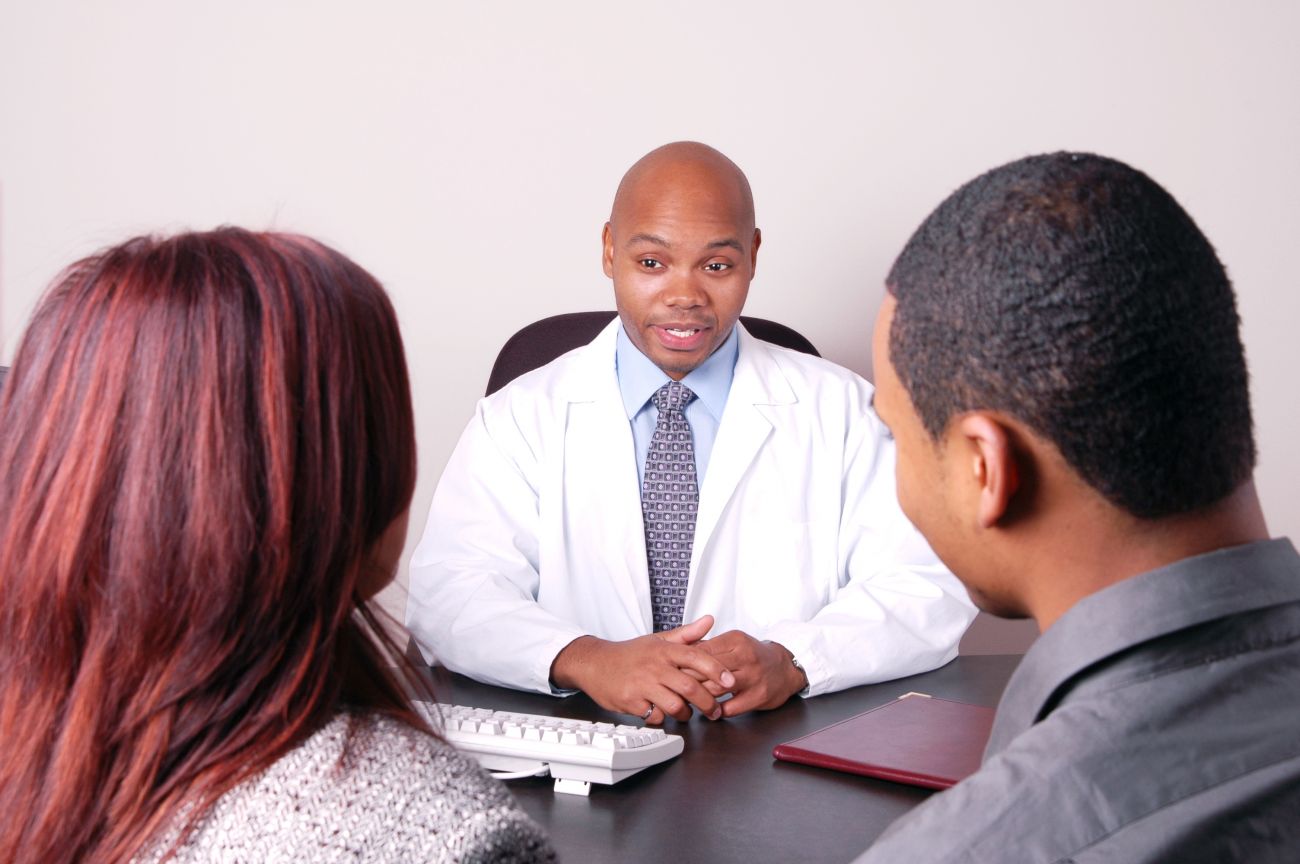Women — and Men — with BRCA Mutations Face Higher Cancer Risk
Men have more reason than ever to be aware of their family medical history. A recent study reveals that men who have a mutation (change) in the BRCA1 or BRCA2 genes have a “significantly higher” risk of getting cancer than the rest of the population. Men with BRCA mutations who took part in the study were diagnosed with eight times as many cancers as normally occur in the general population.
Because those mutations are strongly linked to breast and ovarian cancer, they have been studied more widely in women than in men — and women are more likely than men to be referred by their doctors for genetic testing. The new study reinforces the message that BRCA mutations are associated with many types of cancer and that men are also at risk.
Because BRCA mutations are inherited, or passed along from one generation to another, your family medical history can help your healthcare provider spot any patterns of cancer among your blood relatives. Sometimes providers ask women about their relatives who have had breast or ovarian cancer, or ask men whether their fathers or brothers have had prostate cancer, but the answers to those questions don’t provide enough information.
To see a pattern, we need to look at the big picture. We need to know about all different types of cancers in the extended family. Why? The same inherited BRCA mutation that causes ovarian cancer in a woman can also cause prostate cancer in her brother — or other cancers in relatives of either gender.
Never miss another Cancer Talk blog!
Sign up to receive our monthly Cancer Talk e-newsletter.
Sign up!Knowing whether or not you have a BRCA mutation can be important for:
- Determining when you should begin cancer screenings, and how often you should be screened. This could help prevent cancer or catch it in its earliest stages, when it’s easiest to treat.
- Identifying other ways of managing your risk.
- Informing family members who might be affected, so they can take the same precautions to protect themselves.
- Identifying drugs that might work best for you if you should develop cancer.
Frequently Asked Questions
Q: What kinds of cancer have been linked to BRCA mutations?
A: Breast, ovarian, prostate, pancreatic, colon, melanoma, and other cancers are associated with the BRCA1 and BRCA2 mutations.
Q: Should everyone be tested for BRCA mutations?
A: No. BRCA mutations are relatively rare. Evaluation is recommended only for people whose family medical history shows certain cancer patterns, such as:
- Breast cancer in women younger than 50
- Breast cancer in men
- Bilateral breast cancer (cancer in both breasts)
- Ovarian cancer (which includes fallopian tube and primary peritoneal cancers) in a woman at any age
- Breast and/or ovarian cancers in the same family
- More than one person on the same side of the family who has had breast, ovarian, prostate or pancreatic cancer, or melanoma
- Because BRCA mutations are more common in Ashkenazi Jews (people whose Jewish ancestors came from Central or Eastern Europe), people with this heritage and any family history of BRCA-related cancers may also be candidates for genetic evaluation.
Q: If I do have a BRCA mutation, does that mean I’ll definitely get cancer?
A: No. It simply means your risk is higher compared with people who do not have the mutation. If you do have a BRCA mutation, a genetic counselor can help you understand that risk and tell you how it can be managed.
To find out whether you might be a candidate for genetic evaluation by Roswell Park’s Clinical Genetics Service, call 1-800-ROSWELL (1-800-767-9355).
Need help building your family medical history? This free template from the U.S. Surgeon General is a good place to start.
